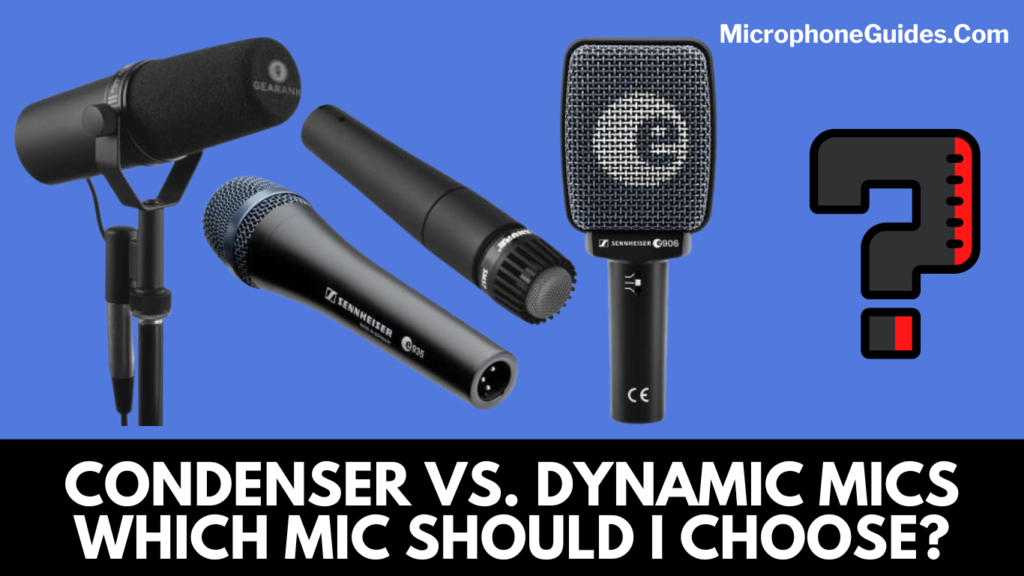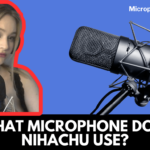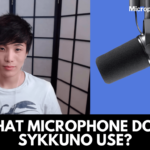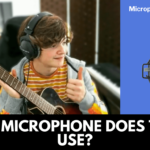Every content creator, vlogger, engineer, or singer has to use the microphone in their lives. Factually, buying a microphone is surely a daunting task, especially where there are so many types of microphones to confuse the people in the market.
But this is also true that there is no hard and fast rule for selecting a particular microphone. You can pick the one that suits your voice and enhance the sound quality you want to record.

If you are deciding to choose the one between them, then go ahead to read some practical differences between the two. Let’s start!
Condenser vs. Dynamic Microphones
Are you looking for a microphone to get professional quality audio? Okay, then, you are at the right place. Here we are going to explain to you the two main microphone types along with their detailed differences that will guide you in getting the right microphone for your job.
Let’s begin with the general introduction of both condenser and dynamic mics!
1. Condenser Microphone
So do you want to record your song with high vocal quality? What happens if your voice is ruined due to the low microphone quality or the unsuitable microphone type? Obviously, you would be disheartened. But with a condenser microphone, you will never regret the investment.
The condenser microphones are famous for their accuracy. These are most suggested for studio applications because of their construction as they are made of a thin diaphragm which is light in weight and has fixed plates. When the sound waves strike the diaphragm of the microphone, then it moves due to the high striking pressure.
Because of the sensitivity in working, the condenser microphones pick the delicate sounds and generate the recorded sound with more detail.
A 9V battery is enough to make this microphone work. This microphone type is only suitable for low sounds such as vocals, drums, and guitars and is not recommended for louder sounds.
2. Dynamic Microphones
As it is already explained that condenser microphones are not good for louder sounds, what will you do in that situation? You do not need to panic as we have a great solution for you in the form of a dynamic microphone or a velocity-sensitive microphone.
The booming sounds could be best recorded with a dynamic one, and now you can rock with acoustic instruments like a bass amplifier. After picking up the sound signals from the diaphragm, the wire coil amplifies the sound signals.
This amplification is the result of the magnetic field which produces when the diaphragm vibrates the coil. The dynamic microphones contain the cardioid polar pattern that eliminates unwanted sound and keeps the audio clear.
Enjoy the live concerts with the dynamic microphone because they are tougher in construction as compared to the condenser ones. And besides the low price, the dynamic mics require no phantom power and batteries, which is another convincing factor for the users.
And that is why they are called lifetime microphones!
More Differences among Condenser vs. Dynamic Mic
Let’s have a glance at the advantages and disadvantages of both types of microphones one by one. Start with the key advantages of the dynamic microphone!
Advantages of Dynamic Microphone
- The dynamic microphone provides high sound quality in all areas of the microphone and is a versatile solution for many recording situations.
- The dynamic microphones can handle the high sound pressure levels with greater precision and never miss a single tone which is why they create the most detailed sound.
- Dynamic microphones are less expensive than the other types of microphones, especially condenser microphones.
- No power source is required to run a dynamic microphone, so they are the most reliable ones.
Disadvantages of Dynamic Microphone
- Not suitable to work with recording instruments like volume as it has a high frequency that can not be maintained by a dynamic microphone.
- The frequency of this microphone is restricted because of the heavy diaphragm and the wire-coiled construction.
Advantages of Condenser Microphone
Let’s have a glance at the advantages of condenser microphones:
- Condenser microphones work where the dynamic ones can’t. They have a flat frequency response, so they are better for low sound instruments.
- They are highly sensitive microphones and can pick the sound signals with accuracy to work perfectly with the vocals and audio instruments.
- Due to the small size, they are light in weight because they do not contain a heavy diaphragm assembly.
Disadvantages of Condenser Microphone
- Condenser microphones are not only sensitive in their construction but also to the budget of the user as they demand a high investment.
- Unlike dynamic microphones, condensers need power to operate.
- They are complex in their construction and are more vulnerable to high temperature and humidity conditions. Hence they need extra care and maintenance frequently.
What Do the Condenser and Dynamic Microphones Sound Like, and What are the Sound Pressure Levels?
Hopefully, now all the technical specifications that differentiate both types are clear to you. Now, come to know what they both sound like.
The dynamic microphones are weather resistant and do not damage due to minor destructions, so they are the perfect companion during the live sound settings.
Moreover, both of these microphones have different SPL (Sound Pressure Levels) measures. But condensers have comparatively low SPL levels than dynamic ones. Undoubtedly, dynamic microphones are a perfect choice to work in live sound environments, but they are not recommended mics for intense applications.
Final Words
We hope that now you are completely introduced to the world of microphones. And this is clear to you that you can not tag a particular microphone as the best one as it all depends on the preference and the environment where you want to use it. The difference between a condenser vs. a dynamic mic relies upon the budget and the application. But surely, you will never go wrong with any of these mics. Create the best experience of yours now!

It’s me Brian Baldree professional sound engineer. I love to write about microphones, headphones, and musical instruments and review it’s quality.









